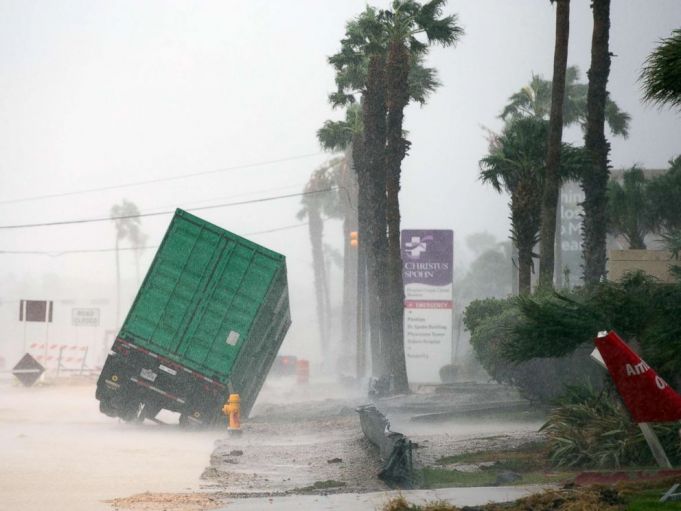The Federal Emergency Management Agency (FEMA) has to react quickly in response to national disasters. To be able to respond at a moment’s notice, they keep a list of vendor profiles that can be searched as needed for supplies and services that can support their mission.
Be warned however, that during a natural disaster, such as Hurricane Matthew, companies offer services to get your company on a “priority vendor list” for FEMA – at a substantial fee ($195 to $1,200). However – FEMA does not have a “priority vendor list.” Their website states: “Submission of the vendor profile form does not place you on a preferred list of vendors to be considered for procurements. FEMA does not maintain such a list. The form is used to assist in secondary market research and is voluntary.”
FEMA goes on to state: “FEMA does not charge any company a basic registration fee. There are companies that replicate services of Federal Government entities and there are typically fees associated with their services. Most Federal Government services, if not all, are free of charge. Always make it a practice to reach out to the appropriate Federal agency first to inquire about the validity of the service, specifically if a fee is associated with it.”
To work with FEMA, your company must have an active registration in the System for Award Management (SAM), at www.sam.gov. This must be completed prior to sending your company information to FEMA. Vendors can voluntarily provide information about the kinds of services they would like to offer, using this website form (FEMA vendor profile form) and emailing it to: fema-industry@fema.dhs.gov
FEMA’s goal is to seek local companies within the disaster area for goods and services related to a specific disaster, when practical and feasible. As FEMA only works within requests and concurrence from local governments, reach out to municipal and county governments, as well as state procurement offices, as these offices often control much of the work that is done. If debris removal contracts are already in place for routine incidents, such as wind or ice storms, those contracts will probably be used for major disasters first.
Make sure your company’s website clearly describes the goods and services you offer and is current. Also, check your SAM and DSBS (Dynamic Small Business Search) profiles to ensure that your status is “active,” the contact information is current, and your list of capabilities is complete.
Establish contracting relationships with the appropriate national or state offices ahead of disasters, because buyers often turn to the contractors they know first.
About the Author: Andi Lewis is our PTAC Government Procurement Specialist who covers the entire state and has an office in Cheyenne. Andi has a background working for large Primes in the Department of Defense and is a former Lieutenant in the Naval Reserve. When Andi isn’t busy helping small businesses work with the government, she enjoys training young horses. You can reach Andi at amlewis@uwyo.edu or by phone at (307)772-7372.






